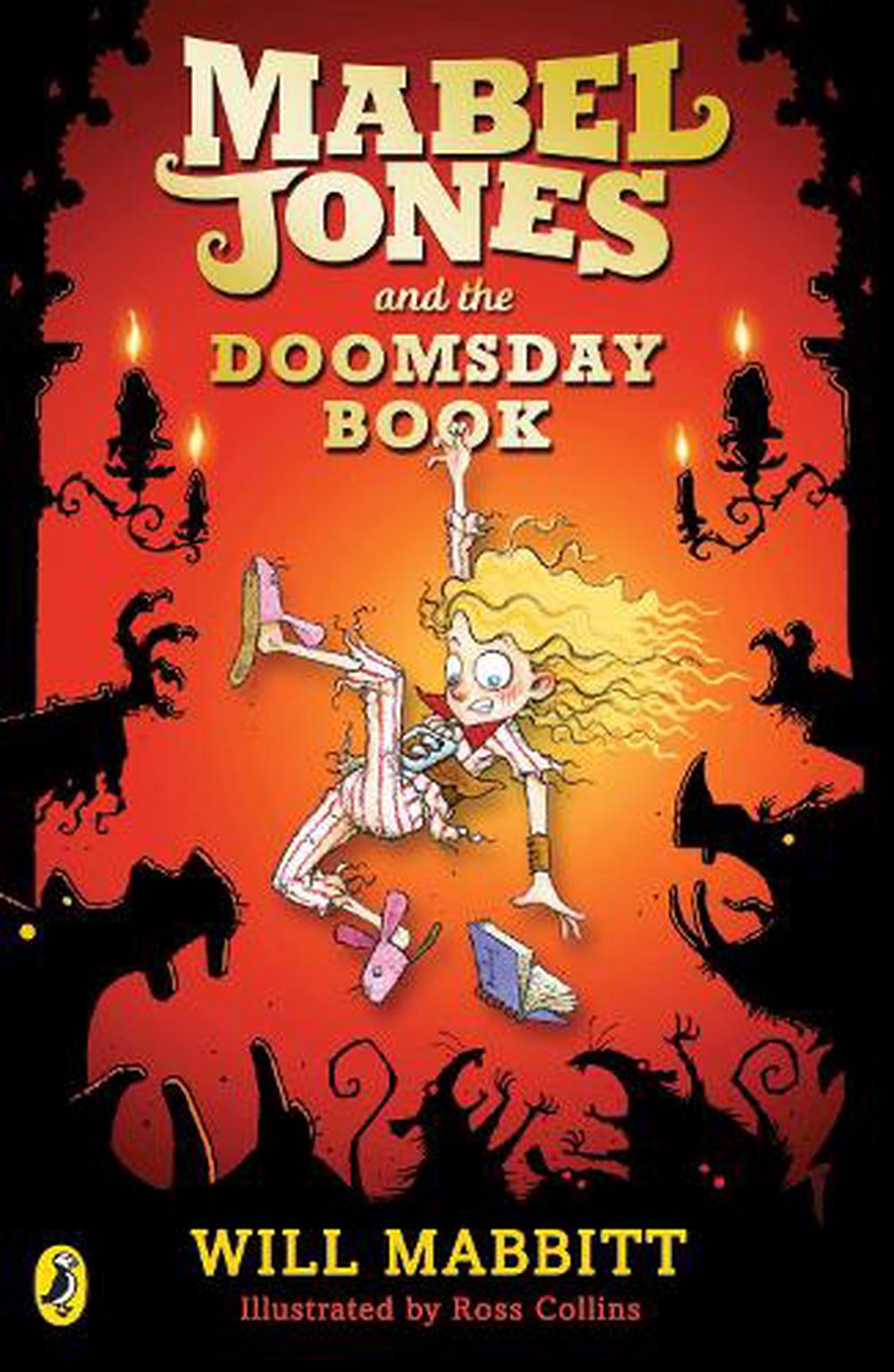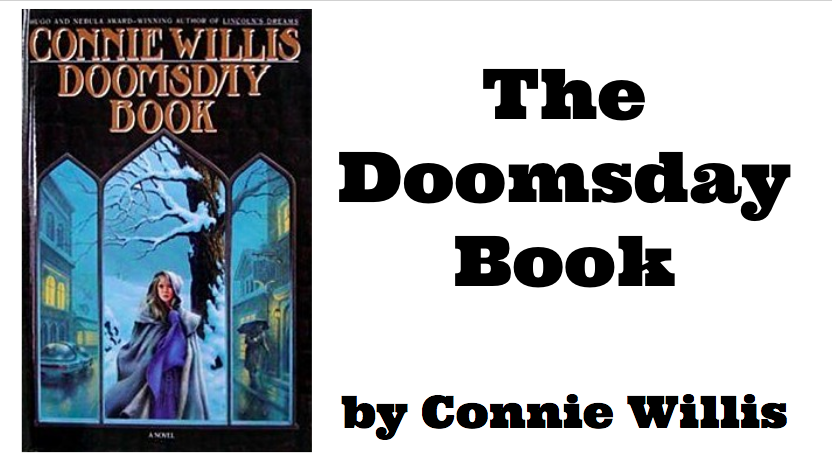

This has been funded by Shropshire Council, The National Lottery Community Fund, and the Co-op Emergency Food Fund.

The hall has been closed to general bookings during the COVID19 lockdown, but has been running a Meals on Wheels project since July 2020, delivering hot meals on weekday lunchtimes to elderly residents in Buildwas and neighbouring villages who otherwise can’t go shopping (or don’t have access to online shopping) as they are shielding. The hall is also used by our village Primary school for assemblies / productions / presentation evenings etc. Over the years it has been available for the residents of Buildwas and local villages for family events and celebrations village organisations (such as the village church) fund raising events and meetings annual pantos by The Buildwas Players music nights our monthly community meals and a weekly whist club. Our village also has a thriving community shop and two popular pubs.īuildwas Village Hall has been part of the community in Buildwas since it was built in 1954. The local primary school makes considerable use of all facilities. A skate ramp has recently been built and we are now actively working on the creation of a MUGA on the existing tennis court. The trust also runs the sports field which has become a valuable asset during the various Covid-19 lockdowns for open-air exercise. The 84 PV panels on the roof and a high standard of insulation means that the building overall costs nothing to heat and light - a tremendous benefit and which keeps our hire charges low. It’s also a great venue for lunches, parties, music events, meetings and courses.

The hall has exceeded its 3-year business plan and caters for all ages, with a regular baby and toddler group, indoor sports and fitness sessions for all ages including a thriving badminton club and short-mat bowls. A parish-wide survey assessed the needs of all age groups and this resulted in a building with a 9m x 16.5m main sports/function hall with sprung beech floor, a large meeting room and a smaller meeting room. Carus-Wilson, Medieval merchant venturers (second edition, 1967).Our carbon-neutral village hall was opened in December 2015, on land acquired for community use by the parish council near the centre of this very active community of 800 residents. Whether this was due to deteriorating climatic conditions or to the acquisition of Gascony and its superb wines is unclear.įor more detail, see H.C. No vineyards are recorded in Domesday in either Hampshire or Gloucestershire.Īt some point in the following centuries viniculture all but disappeared in England. Historian Anglorum, edited by Diana Greenway (1996), page 21 Gesta pontificum, edited by N.E.S.A. Henry of Huntingdon, for instance, claims that Winchester 'was rich in wine', and William of Malmesbury that the wine of the vale of Gloucester was 'abundant and of good quality' (Henry of Huntingdon. By the early twelfth century vines were certainly cultivated where none are mentioned in Domesday. Not one of the vineyards in Domesday Book was clearly in existence before that date, and several of them are categorically stated to be new.Īs with other appurtenances, there were probably more vineyards in existence in 1086 than Domesday records. What is certainly the case, however, it that there was a significant increase in their number after 1066. Vineyards can be documented from the eighth century onwards. It was once thought that the vine was re-introduced into England by the Normans after an absence of almost 700 years following the departure of the Romans. All these vineyards were in the hands of Normans or the great abbeys. Vineyards are recorded at 45 places in Domesday Book, 32 of these in Great Domesday, all in south-eastern England.


 0 kommentar(er)
0 kommentar(er)
